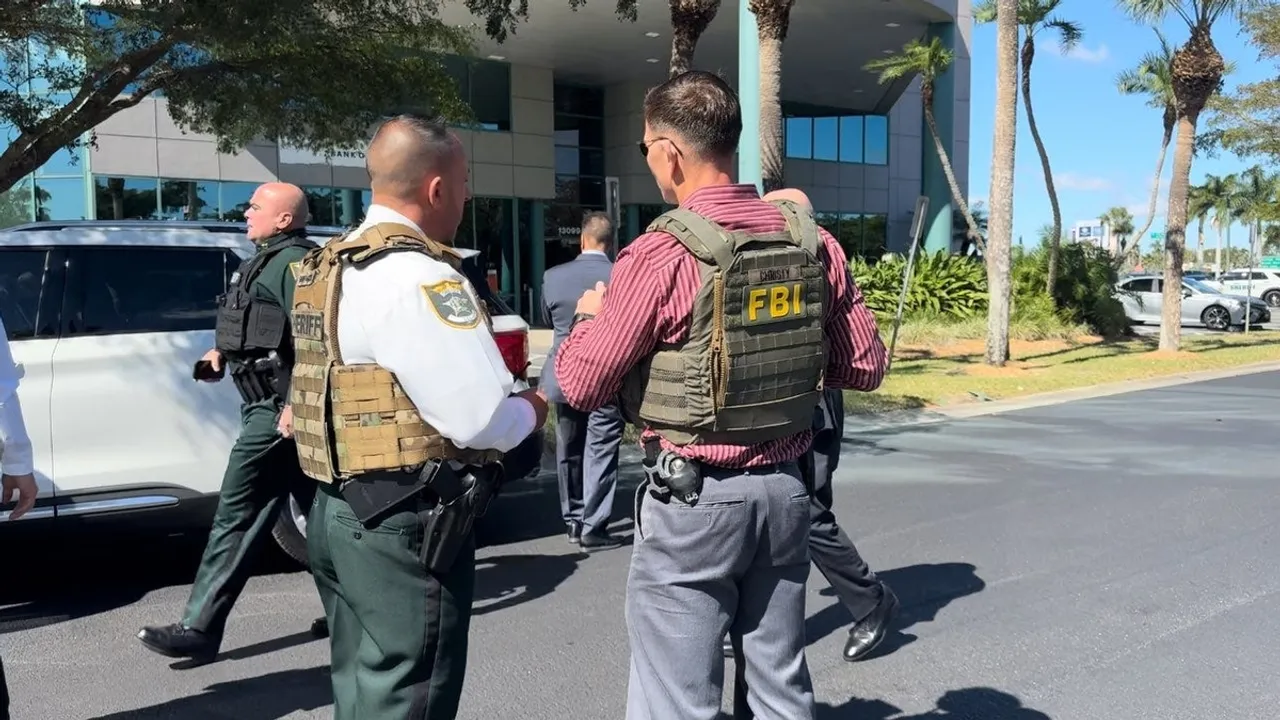In the complex tapestry of global politics and human conflict, few issues strike as deep a chord as the plight of hostages held by militant organizations. The very mention evokes images of despair, families torn apart, and nations grappling with an agonizing dilemma: how to secure their citizens’ safety without compromising broader ethical principles or endangering lives further. This issue becomes even more fraught when we consider the implications of military strikes on hostage situations, particularly those involving groups such as Hamas.
The decision to employ military force in response to aggression—such as attacks that result in the death of soldiers—is undeniably fraught with complexity. On one hand, there is a palpable need for justice and deterrence; on the other, an equally compelling imperative to protect innocent lives caught in the crossfire. In this delicate balance lies a profound challenge: ensuring that our pursuit of retribution does not inadvertently harm those we aim to save.
Critiques often arise from observations made during press briefings and interviews where diplomatic responses seem overshadowed by a focus on direct retaliation. It’s crucial, however, to understand that these moments reflect more than just immediate policy decisions—they mirror a struggle between competing values within our societies.
At its core, this issue prompts us to question what it means to act justly in an unjust world. Is it possible to uphold our principles while facing adversaries who may not share them? How do we navigate the moral labyrinth where every step could lead either towards salvation or deeper into darkness?
To explore these questions effectively requires empathy—not only for those enduring unimaginable torment at the hands of captors but also for leaders tasked with making decisions whose consequences are anything but black and white. It demands recognition that behind every policy statement or military action are individuals whose lives hang in precarious balance.
Moreover, understanding the impact of military strikes on hostage negotiations necessitates acknowledgment of a harsh truth: violence begets violence. When we choose force as our primary mode of communication, we risk escalating conflicts that make resolution—and thus safe retrieval of hostages—even more challenging.
This is not an argument against defending oneself or seeking justice; rather, it is a plea for comprehensive strategies that prioritize human life above all else. Diplomacy should not be viewed as merely supplemental to military might but as its essential counterpart. Through dialogue and negotiation—however arduous they may be—we open pathways to resolutions that respect both our security needs and our humanitarian obligations.
As members of a global community committed to upholding dignity for all people, it falls upon us to advocate for approaches grounded in empathy and reasonableness amidst adversity. Let us champion efforts aimed at de-escalation and engage constructively with all parties involved in conflict resolution processes.
In conclusion, while direct retaliation against acts like killing soldiers might momentarily satisfy calls for justice within some sectors of society; over time such actions could complicate efforts significantly when trying retrieve hostages safely—a scenario no family wants their loved ones entangled within.
Thus remains our collective challenge: navigating these treacherous waters with both resolve and compassion—acknowledging that true strength often lies not solely in might but also in mercy.

Leave a Reply